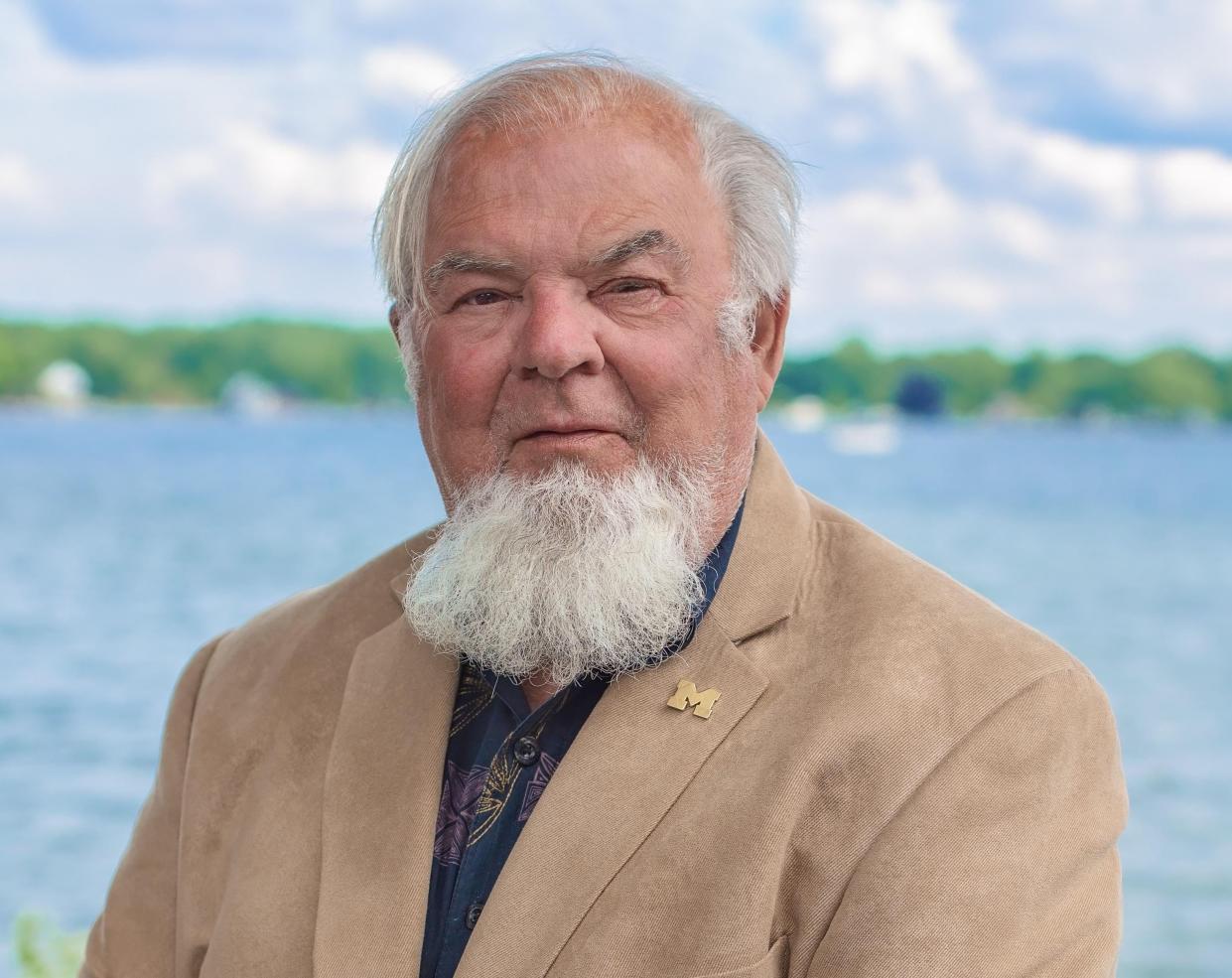Trump’s Foreign Policy — An Early Look

- Oops!Something went wrong.Please try again later.
- Oops!Something went wrong.Please try again later.
On Thursday, July 18, Donald Trump (herein Trump) gave his acceptance speech for the Republican Party presidential nomination. It was a rambling speech which bounced from topic to topic, but contained useful nuggets of foreign policy. I have pieced these together to present here an early view of Trump’s foreign policy.
Trump recognizes the dangerous world with nuclear weapons that can “obliterate” us. Unlike his no wars administration, he sees the current wars in Ukraine and the Middle East. In contrast to our current leadership, he sees other world leaders as being “tough” and “fierce.”
Trump states that the American president should be “tough.” He stated: “I was the first president in modern times to start no wars. You know, we were the toughest.” He tells the story of showing the leader of the Taliban an aerial picture of his home while making a demand on him that no Americans would be killed. The implication was that Trump had the power to kill his family, including his wives. No Americans were killed.
Trump’s toughness and egoism were present in the speech: “I had no wars, other than ISIS, which I defeated. I could stop wars with just a telephone call. I(f) properly stated it would never start.” He bragged that the head of the Taliban called him “’Your Excellency’.” “I wonder if he calls the other guy ‘Your Excellency’. I doubt it.” He could also be rude. Speaking of a fellow Republican’s opponent, Trump said: “… a person that is not good, not respected. A total lightweight.” Regarding wokeness in the military, Trump said the military is not woke; it is “just some of the fools on top that are woke.”
Trump believed the stability of a world at peace which he left “…began to unravel with the disastrous withdrawal from Afghanistan, the worst humiliation in the history of our country… Emboldened by that disaster, Russia invaded Ukraine.”
Trump’s toughness would be combined with missile defense. He gave President Ronald Reagan credit for missile defense as an innovation, but recognized that the required technology had not been developed. Today, we have made great strides in defensive technology. Trump stated that with an “iron dome missile defense system… no enemy can strike our homeland. And this great iron dome will be built entirely in the U.S.A…. Now we have unbelievable technology… No more sending it out to other countries in order to help. It’s America first, America first.” Reagan, by contrast, expressed a willingness to share this breakthrough technology in the nuclear balance. (Reagan: A Life in Letters, 2003, page 429). Here, Trump would not share it in service of America first.
Combining toughness with an exclusive missile defense capability would be a formula for America first. But that does not mean America would be the world’s policeman. If fact, the opposite would be indicated: America would pursue its own self-interest. Two basic theories can be posited: containment versus spheres of influence. In containment, the status quo would be preserved. As former Secretary of State Mike Pompeo put it, “never give an inch.” (Mike Pompeo, Never Give an Inch: Fighting for the America I Love, 2023). Thus, Ukraine’s boundary would be protected, not negotiated. Taiwan’s status quo would be protected, not negotiated.
In spheres of influence, political/military reality, geography, and history would make a difference. Regarding Taiwan, Trump recently stated in an interview with Bloomberg Businessweek: “Taiwan is 9,500 miles away. It’s 68 miles from China.” Under America first, would Trump attempt to defend Taiwan, or would he negotiate? In his speech, Trump emphasized “common sense.” He said that “we’re going to have common sense making most of our decisions, actually. It’s all common sense.”
NATO and Ukraine were not discussed. International law and the United Nations system were not mentioned. He did mention Taiwan, Korea, the Philippines, “and all of Asia, and our planet is teetering on the edge of World War III, and this will be a war like no other because of weaponry… These weapons are obliteration.”
The question is whether we want a man like Trump negotiating our survival: egoism, crudeness, charm, and all? What about the vision of a world system in the context of law? Unthinkable?
— James W. Pfister, J.D. University of Toledo, Ph.D. University of Michigan (political science), retired after 46 years in the Political Science Department at Eastern Michigan University. He lives at Devils Lake and can be reached atjpfister@emich.edu.
This article originally appeared on The Monroe News: Trump’s Foreign Policy — An Early Look

